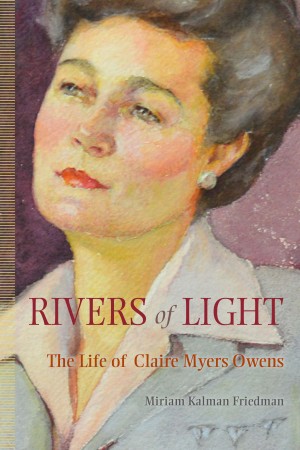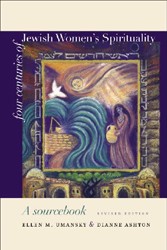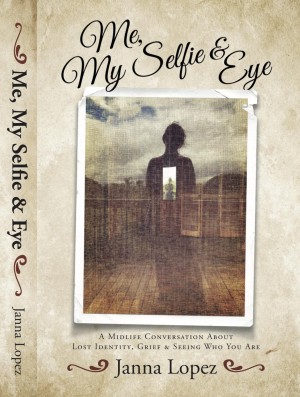Most contemporary Jewish girls and women know what the mirror in Snow White said; but what about the copper mirrors of the Jewish women who were enslaved in Egypt? Sisterhood of the Copper Mirrors — The Legacy of the Jewish Woman tells the rich stories of women in Tanach (scripture). The stories are illuminated with commentaries and reflect upon historical context that helps deepen understanding.
The Jewish matriarchs also give a legacy of inspiration for living a life of meaning purpose and values. The lessons are practical for today’s women: how to overcome life’s challenges, setting boundaries, finding your voice, and more. The accounts of our ancestors are not tied up neatly with a bow. Their lives were complex. Their wisdom runs deep. Each chapter gives relevant actionable tools that the reader can apply to her own life. The book ends with a section about spiritual pathways. Sisterhood of the Copper Mirrors makes the legacy of the Jewish matriarchy accessible to Jewish women of this generation.




